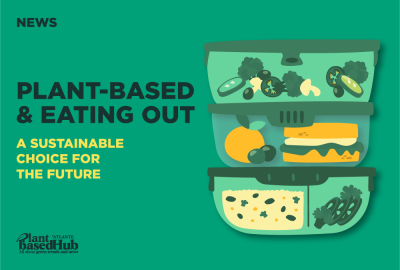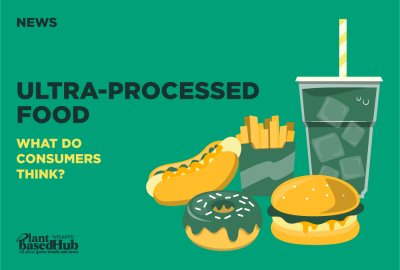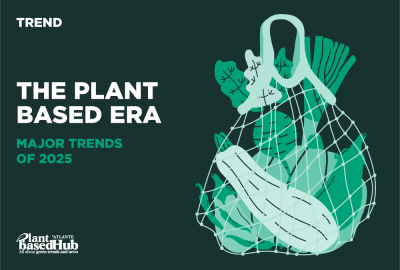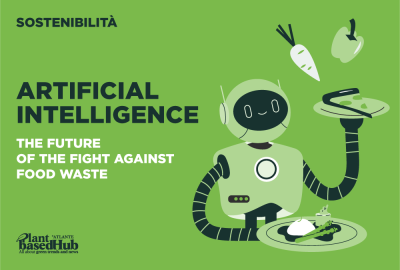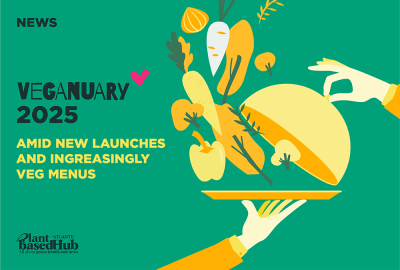Atlante
News
The trend for edible insects: a food source for all?
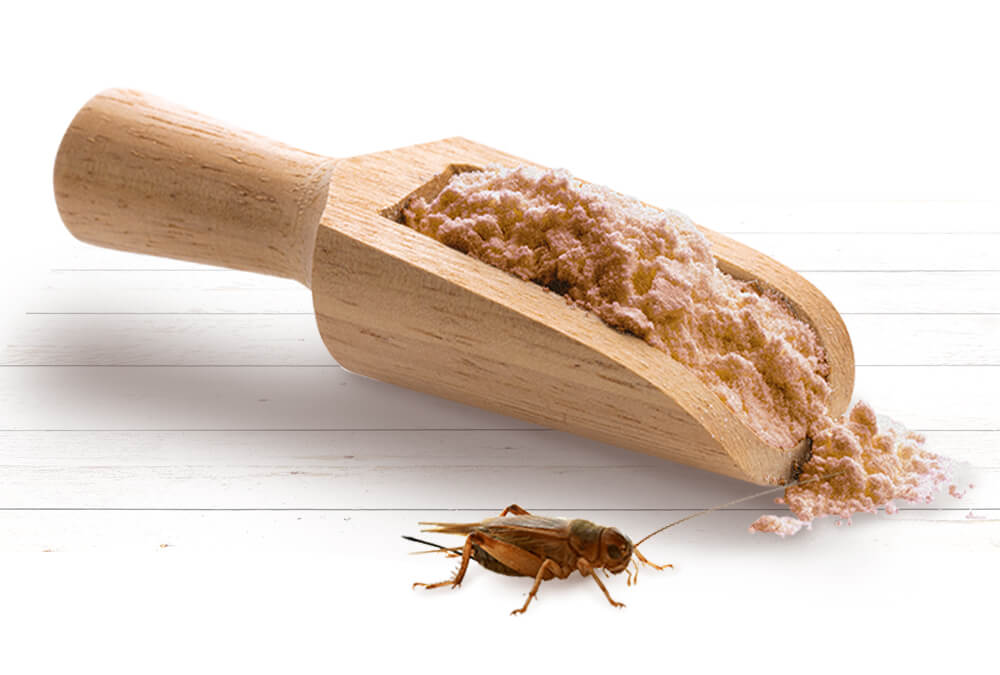
30 March 2023
Edible insects, relationship with a plant-based diet and the Entovegan concept; the danger to the environment due to the introduction of foreign species in non-native locations and farming energy costs
Are foods containing edible-insects chosen by vegan consumers?
Foods containing edible insects have been endorsed in a recent study titled, ‘Insect-based food: What consumers think’, conducted by the University of Bergamo in collaboration with a producer of cricket meal. The study showed that 30% of Italians would be willing to buy food containing larvae of the lesser mealworm (Alphitobus diaperinus), mealworms (Tenebrio molitor), migratory locust and house crickets (Acheta domesticus). However, a flash survey carried out by the EngageMinds HUB, part of the Catholic University of Cremona Research Centre, estimated the percentage of those inclined to include them in their eating habits is much reduced at 15%.
The production of these foods, while emitting less CO2 and using less water than traditional animal farming, masks the reality of several issues and cannot be considered to be properly plant-based products. Let’s find out why.
The environment
Far from being ‘natural’, the rearing of edible insects for the purpose of human food is closer to laboratory production with a controlled supply chain, on a par with meat cultivated in Italy. This is the only way to avoid contamination with pathogens, mycotoxins and other pollutants. The high temperature facilities in which insects are reared, live and killed have a significant impact on energy consumption.
Another important consideration to factor in, is the consequences should a non-native insect manage to escape.
Ethics
If one pig can feed many people, with the by-products used in many sectors through the circular economy, how many crickets, grubs, locusts are needed for an equivalent meal? Granted, there are vegans who agree to eat them as they are not very endearing, however, in this case they are no longer vegans but Entovegans. The question must be asked, can those who choose not to exploit animals, knowingly consume a source that contains dozens of lives? Insect-killing methods can also be painful. Crickets destined for human consumption and most commonly found in some foods today are subjected to a 24-hour fast, necessary to cleanse the intestines and then are killed using a freezing technique.
Human Health
Promoted by EFSA (European Food Safety Authority), some types of insects have been declared safe for human consumption however, the European body also has concerns related to the issue of allergies. Insects are very high in protein and their consumption can trigger a variety of allergic reactions. There are also concerns that their habitual consumption could lead to sensitisation in consumers who currently do not suffer from any issues.
The processing that the insects undergo after being killed also classifies them as ‘ultra-processed’ ingredients, disliked by health-conscious people.
In conclusion, this is certainly a new market to explore with some controversial elements. The possibility of new food sources come with complex implications that do not sit well with current thinking.

